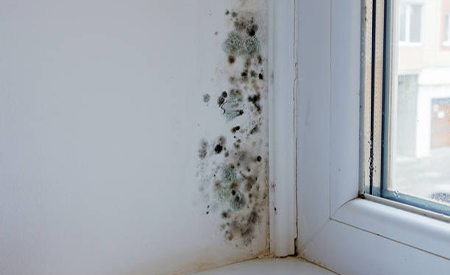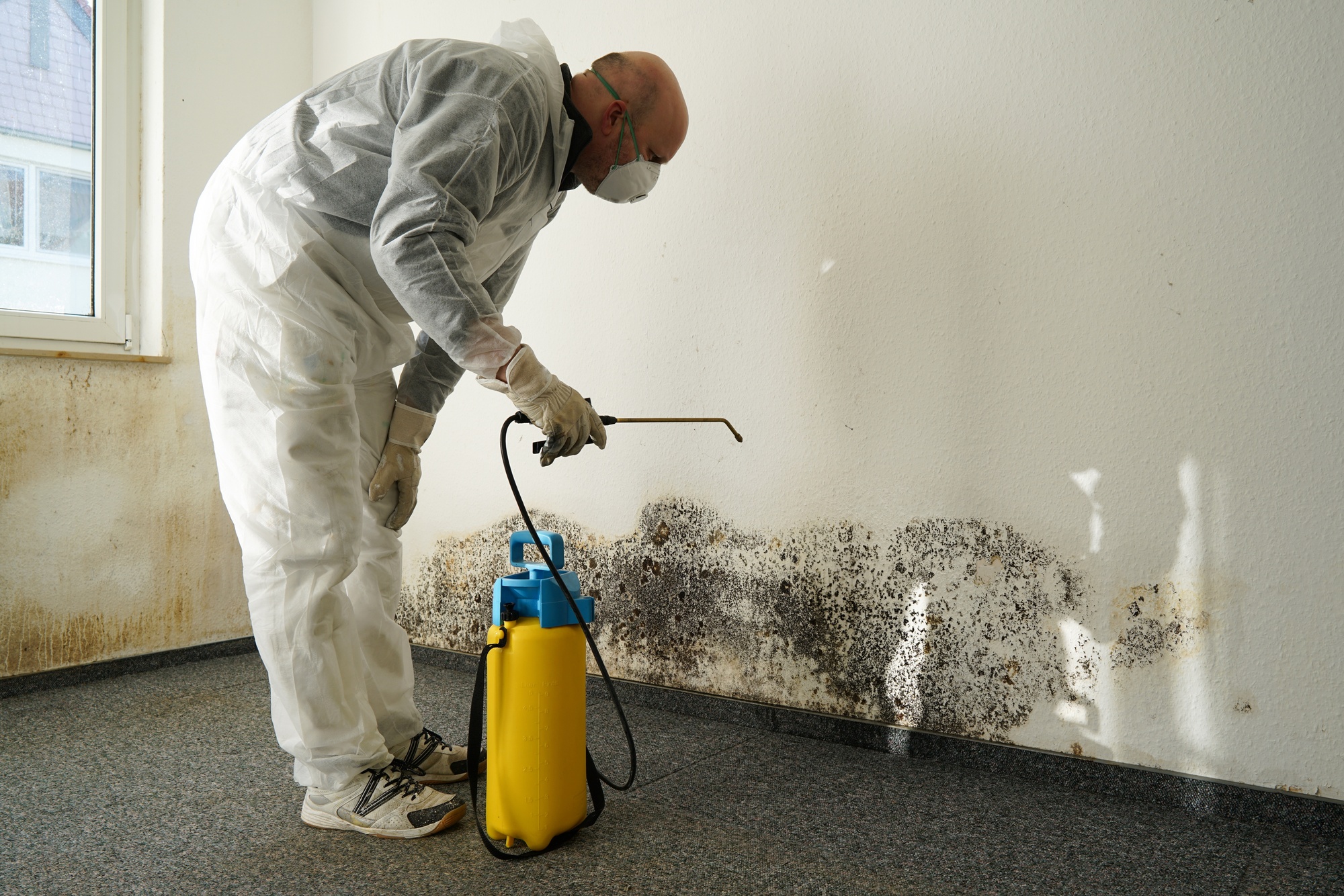Quick Response Emergency Water Leak Repair for Residential and Commercial Needs
The Process of Water Damage Cleaning: Ensuring Your Home Is Recovered Efficiently
Water damages can be a complicated challenge for house owners, demanding a structured and careful cleaning process to bring back safety and performance. Originally, an extensive analysis is crucial to determine the level of the damage and figure out the ideal remediation steps. Following this, effective water extraction methods play an essential duty in mitigating additional damage. The subtleties of drying, disinfecting, and eventual reconstruction are equally important and frequently ignored. Comprehending these stages can make a substantial distinction in the end result of your home's restoration, prompting a closer look at what each action requires.
Examining the Damage
Upon discovering water damages, the primary step is to thoroughly analyze the degree of the effect. This initial evaluation is critical, as it assists identify the necessary actions for efficient cleaning and repair. Begin by examining the affected locations, including wall surfaces, ceilings, floors, and individual valuables, to identify the resource of the water invasion, whether from flooding, leaks, or condensation.
Recording the damage is crucial for both insurance policy cases and preparing restoration initiatives - damage restoration services. Use photos and written notes to record the seriousness of the damages, noting any kind of affected architectural elements and materials. Pay unique attention to locations that may not be right away visible, such as behind wall surfaces and under rugs, as concealed moisture can cause further difficulties, including mold and mildew development
Additionally, examine the timeline of the water direct exposure. Inevitably, a comprehensive evaluation lays the groundwork for a successful water damages clean-up procedure, making certain that all affected areas are dealt with efficiently and completely.
Water Removal Techniques

Professionals generally employ submersible pumps for bigger quantities of water, which can swiftly ease flooding in basements or other affected locations. For smaller sized quantities, wet/dry vacuums are often made use of to draw out residual moisture from carpetings and difficult surfaces. In addition, making use of mobile extractors enables targeted removal in constrained areas or areas with fragile materials.
In instances of infected water, such as sewage or floodwater, advanced removal techniques might include making use of biohazard tools to make sure safety and conformity with health and wellness regulations. High-powered removal tools are crucial in decreasing water retention in structural products, which can cause mold and mildew development and structural wear and tear if not addressed immediately.
Ultimately, the effectiveness of water removal techniques plays a crucial function in the total success of the water damage cleaning process, preparing for subsequent reconstruction efforts.
Drying and Dehumidification
As soon as standing water has been successfully extracted, the following crucial stage in the water damages cleaning process is drying and dehumidification. This step is important to avoid more damage and mold development, which can occur within 24 to two days in wet environments.
To accomplish reliable drying out, specialized devices such as industrial-grade air moving companies and dehumidifiers is employed. Air movers distribute air throughout damp surfaces, enhancing dissipation prices, while dehumidifiers reduce humidity levels airborne, advertising a conducive environment for drying. The mix of these devices guarantees that wetness is extracted from furnishings, walls, and floors, allowing them to dry completely.
It is crucial to keep track of the drying out procedure closely. Experts typically utilize wetness meters to examine the wetness content in click for more various materials, guaranteeing that all influenced locations reach acceptable dryness degrees. This precise strategy aids to stop surprise moisture pockets that could cause structural damage or undesirable mold growth.

Cleaning and Sanitizing
After the drying out and dehumidification stage is total, the next vital step in water damage cleanup is cleaning up and disinfecting the influenced locations. This process is important to stop the development of mold and mildew, germs, and other pathogens that thrive in wet settings.
The cleansing stage commonly entails eliminating any kind of particles, dirt, and impurities from surfaces utilizing specialized cleaning up agents. For tough surface areas, a combination of soap and water or business cleaning items is usually utilized. Soft products, such as upholstery and carpetings, may need a lot more extensive cleaning approaches, including vapor cleaning or deep removal techniques, to make sure extensive hygiene.

Sanitizing complies with cleansing, utilizing EPA-approved disinfectants to remove harmful bacteria. This action is important, especially in locations that may have entered into call with floodwaters or sewer, as these resources can pose major wellness threats.
Additionally, it is very important to resolve any remaining odors, which may investigate this site need using smell neutralizers or innovative strategies like ozone treatment. Proper cleaning and sanitizing not only bring back the security and hygiene of your home however likewise prepared for effective reconstruction and fixings in succeeding phases of the water damages cleaning procedure.
Reconstruction and Fixings

When the analysis is complete, reconstruction efforts can start. Additionally, floor covering may need comparable attention, depending on the degree of water exposure.
It is important to engage seasoned reconstruction specialists during this process, as they possess the knowledge to manage complex repairs efficiently. In addition, they can assist alleviate possible future issues, such as mold development or structural instability, hence guaranteeing a habitable and secure living environment. Ultimately, efficient repair and fixings restore the home's integrity and enhance its overall value.
Final Thought
Finally, the procedure of water damages cleaning is essential for restoring a home to its pre-damage condition. Each stage, from assessing the damage to implementing effective water extraction techniques, followed by comprehensive drying, sanitizing, and required repair work, plays a necessary function in guaranteeing security and compliance with building criteria. Reliable implementation of these actions not only reduces immediate damages yet additionally improves the long-lasting integrity and worth of the home.
Water damage can be a daunting obstacle for property owners, demanding a organized and careful cleanup procedure to bring back safety and performance. Inevitably, a thorough evaluation lays the groundwork for an effective water damage cleaning process, guaranteeing that all impacted areas are dealt with efficiently and extensively.
Efficient water extraction methods are essential in alleviating damages and avoiding more complications complying with a water breach event.In final thought, the procedure of water damage Website cleaning is crucial for bring back a home to its pre-damage problem. Each stage, from evaluating the damages to carrying out effective water extraction methods, adhered to by thorough drying, sterilizing, and essential repairs, plays a vital duty in making certain safety and compliance with building requirements.